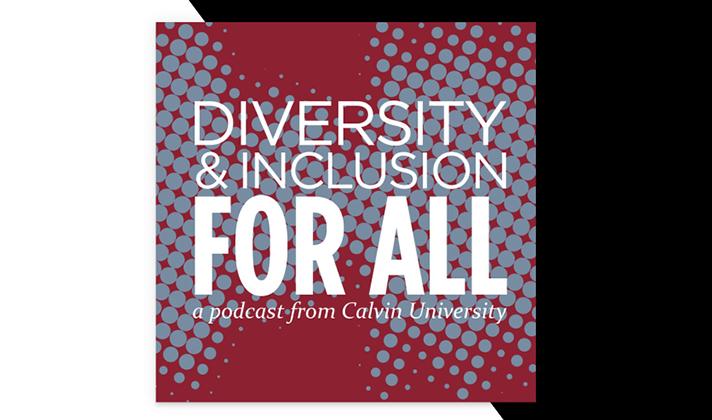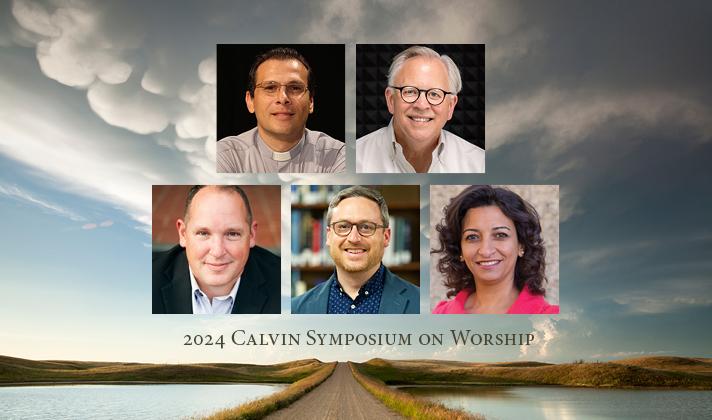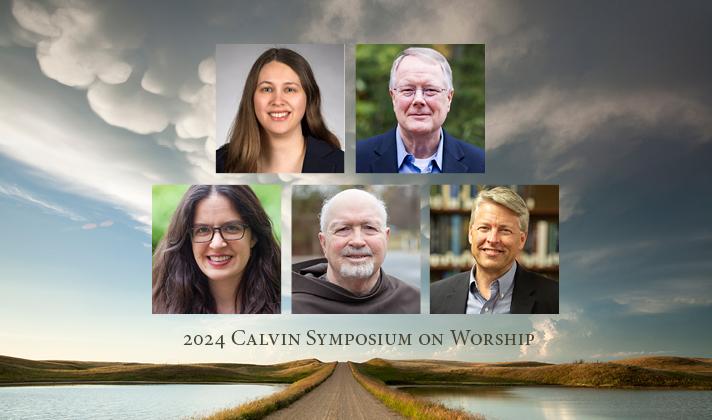Psalm 25
How does this psalm piece interpret the psalm?
This interpretation of Psalm 25 offers a joyful and energetic approach to the Christian’s dependence upon our steadfast and merciful God for deliverance, help, and guidance, especially from within the context of personal and corporate sin. In the chorus, God is enjoined to remember God’s mercy and steadfast love. In calling on God to remember, the worshiper summons herself to the very basis of her existence and salvation: the Lord is good and upright in God’s covenant, yesterday, today, and forever. The verses in the arrangement orient worshipers to call upon God for deliverance and to make petitions for God’s guidance, preserving the dynamics of grace and gratitude in the Christian life. In Calvinistic fashion, instruction is sought as a gift of salvation. The text also speaks honestly about the trials and troubles of the Christian life, but it does so with confidence in the gracious God who hears, listens, and saves. Corresponding to Psalm 25, the interpretation preserves the psalm’s relational and personal aspects by employing the first-person singular. It is important to preserve this dynamic for Christians in individual distress. That noted, the corporate dimension of the psalm, explicitly introduced in the final verse (v. 22), is also maintained in this interpretation. It is equally important to allow the psalm to represent the corporate and universal cry of the church for the renewal of all things in Jesus Christ.
The relevance of the psalm for today is found in the constancy of God in all God’s works and ways in our world. No one is righteous; all require the grace presented here. And the church’s one vitality is to return, again and again, to this fount made known to us in Jesus Christ.
The psalm possesses a high degree of liturgical flexibility but works particularly well following the confession of sin and assurance of pardon in a liturgically structured service. The themes of grace and forgiveness amplify the liturgical acts of confession and assurance, while the repeated petitions requesting God’s guidance orient worshipers to seek new obedience and prepare them to be addressed by God in the reading and preaching of the scriptures.
Text and Music: Psalm 25; Andy Zipf and Chuck Colson, © Zipf Publishing, BMI, C Colson Publishing BMI
Used by permission.
Contact: Andy Zipf and Chuck Colson, christchurchpresjax.org






